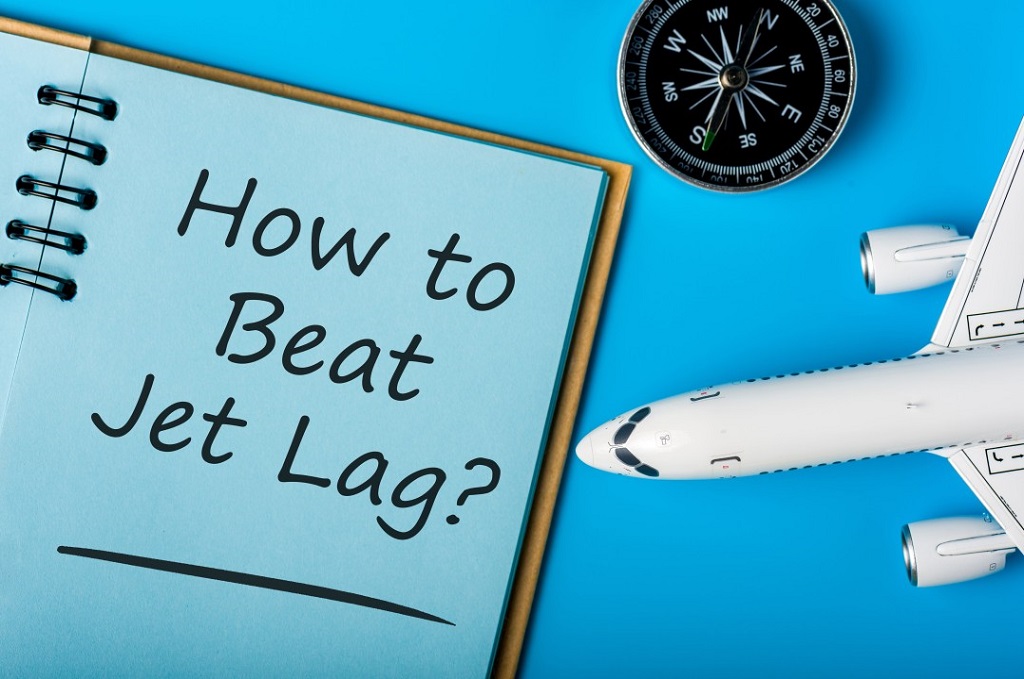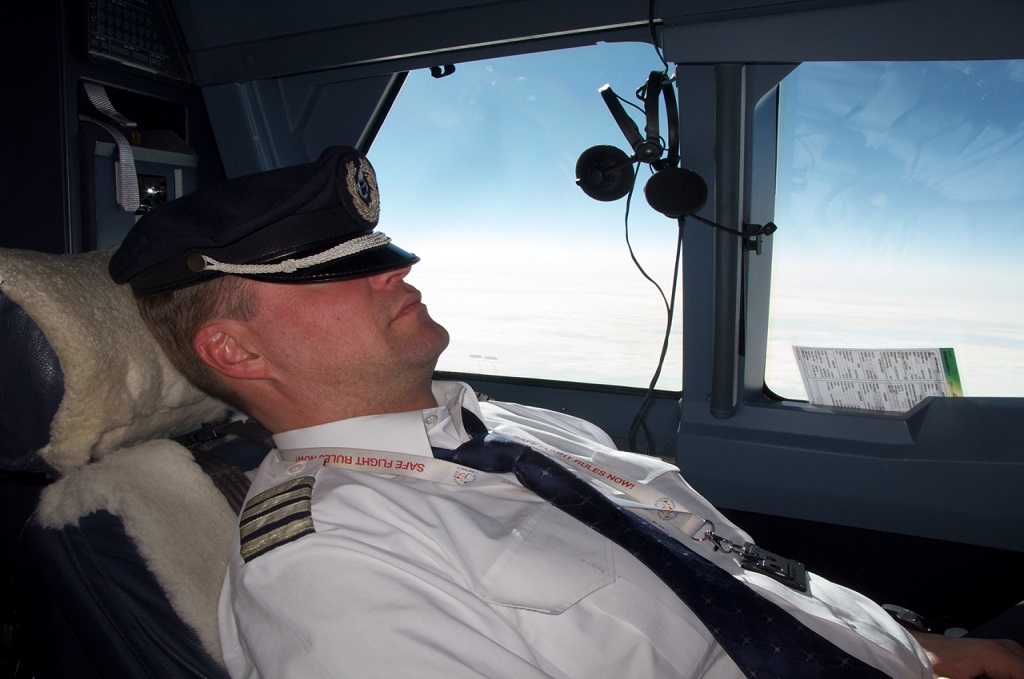The fatigue of the crew and especially the pilots is one of the issues that can seriously and permanently threaten flight safety.
Fatigue, both physical and mental, is a potential risk and a direct or indirect cause of many flight accidents, and according to the announced statistics, more than 50% of air accidents are caused by human errors, directly related to fatigue and sleep. Aircrew contamination is relevant.
The consequences of this condition are often underestimated or ignored, and one of the reasons for this is that there are no specific biological signs to measure its level in people; Unfortunately, fatigue affects almost all aspects of daily human performance, and among them, aspects such as accuracy, complex thinking, judgment, instant decision-making, and movement, which play an essential role in flight safety, are more vulnerable.
Practical strategies to deal with fatigue:
- Sufficient sleep and rest before starting work and performing missions prevents premature fatigue and the resulting pressures.
- Avoiding continuous and uniform heavy work. This is especially important when long-term flights are included in the flight schedule of the crew in addition to the usual duties, and it increases fatigue and reduces work efficiency.
- Decreasing body water causes fatigue and sleepiness. Therefore, drinking water and liquids is one of the factors of providing body water and relieving fatigue and sleepiness.
- Dividing the work between the crew during the flight (or replacing some jobs if possible) and observing C.R.M. are effective factors in reducing fatigue pressures in flights.
- Anticipating the necessary measures to solve the living problems and psychological stress of employees is one of the effective factors in preventing mental fatigue.
- According to the existing regulations of aviation, whenever the pilots find themselves in an unsuitable physical and mental state, they should avoid flying while referring to the relevant officials (flight operations manager, aviation specialist doctor, etc.) and assign the mission to other ready people. to be handed over
- Due to the stimulating properties of caffeine, it is recommended to consume caffeinated substances and beverages such as tea and coffee during the flight (or moments before).



